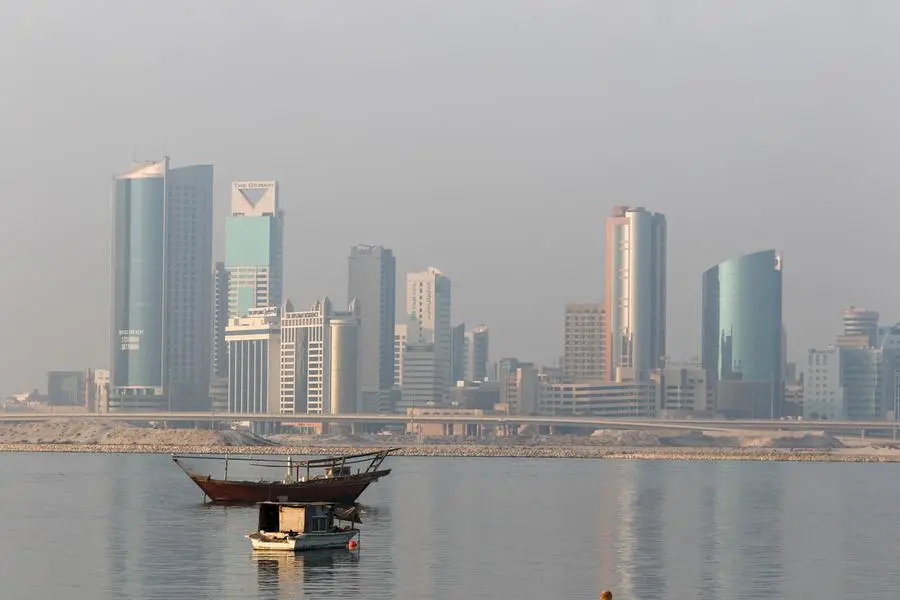PHOTO
Air quality monitoring devices could be made compulsory in government buildings and factories and at outdoor facilities and worksites, if MPs have their way.
A proposal by five MPs, led by public utilities and environment affairs committee chairman Bader Al Tamimi, could be expanded to include measuring pollution in malls, shops and residential compounds and even homes.
Air pollution is the contamination of the air we breathe, indoors or outdoors, by any chemical, physical or biological agent that is potentially threatening to human and ecosystem health.
The pollutants with the most robust evidence for public health concern include particulate matter (PM), ozone, nitrogen dioxide, sulphur dioxide and carbon monoxide.
PM is a generic term used to classify pollutants comprising suspended particles in the air resulting from human activities. Industrial facilities, power plants, vehicles, incinerators, dust and fires are the major source of PM.
Some PM are capable of penetrating deep into the lungs and can even enter the bloodstream, resulting in cardiovascular and respiratory impacts.
In 2013, outdoor air pollution and PM were classified as carcinogenic by the World Health Organisation’s International Agency for Research on Cancer.
“People have every right to know the level of pollution around them,” said Mr Al Tamimi.
He added that though Bahrain did not have heavy industrial activity, the environmental impact of oil, gas and aluminium industries have resulted in water pollution as witnessed by the mass fish deaths and a change in the colour of water in some areas in April 2020.
“There are also claims that people living near some industrial areas are falling victim to cancerous diseases which emphasises the need for air quality monitoring equipment.”
The Supreme Council for Environment (SCE) has said that it is making efforts to preserve the air quality and get rid of air pollutants by clamping down on operations that increase the emission of air-harming gases.
The SCE’s efforts include:
l Introducing five mobile stations in 2006 to monitor air quality and store data at the SCE.
l Determining the general standards for the protection of the environment and environmental standards for air and water quality.
l Determining the criteria of pollutants and materials emitted from vehicle exhausts and their inspection.
l Installing equipment that directly detect air pollutants.
“Pollution is not just industry-related; is also associated with vehicles, electrical appliances and wirings, and construction materials,” said Mr Al Tamimi.
“So, we should start with the obvious and that’s roads, sewage, electricity and water facilities, government buildings including hospitals and schools, and then shift to malls, shops, residential compounds and homes,” he added.
“Bahrain wants to be carbon-free in 37 years, but if people don’t know about the atmosphere and how to protect it or reduce pollution, then it is just an ambitious roadmap with no clear direction.”
The kingdom has already announced plans to cut carbon emissions by 30 per cent by 2035, and achieve carbon neutrality by 2060.
“We will make it compulsory to install air quality monitoring devices, and nowadays these come cheap and can be installed as an app on mobile phones.”
Copyright 2022 Al Hilal Publishing and Marketing Group Provided by SyndiGate Media Inc. (Syndigate.info).





















